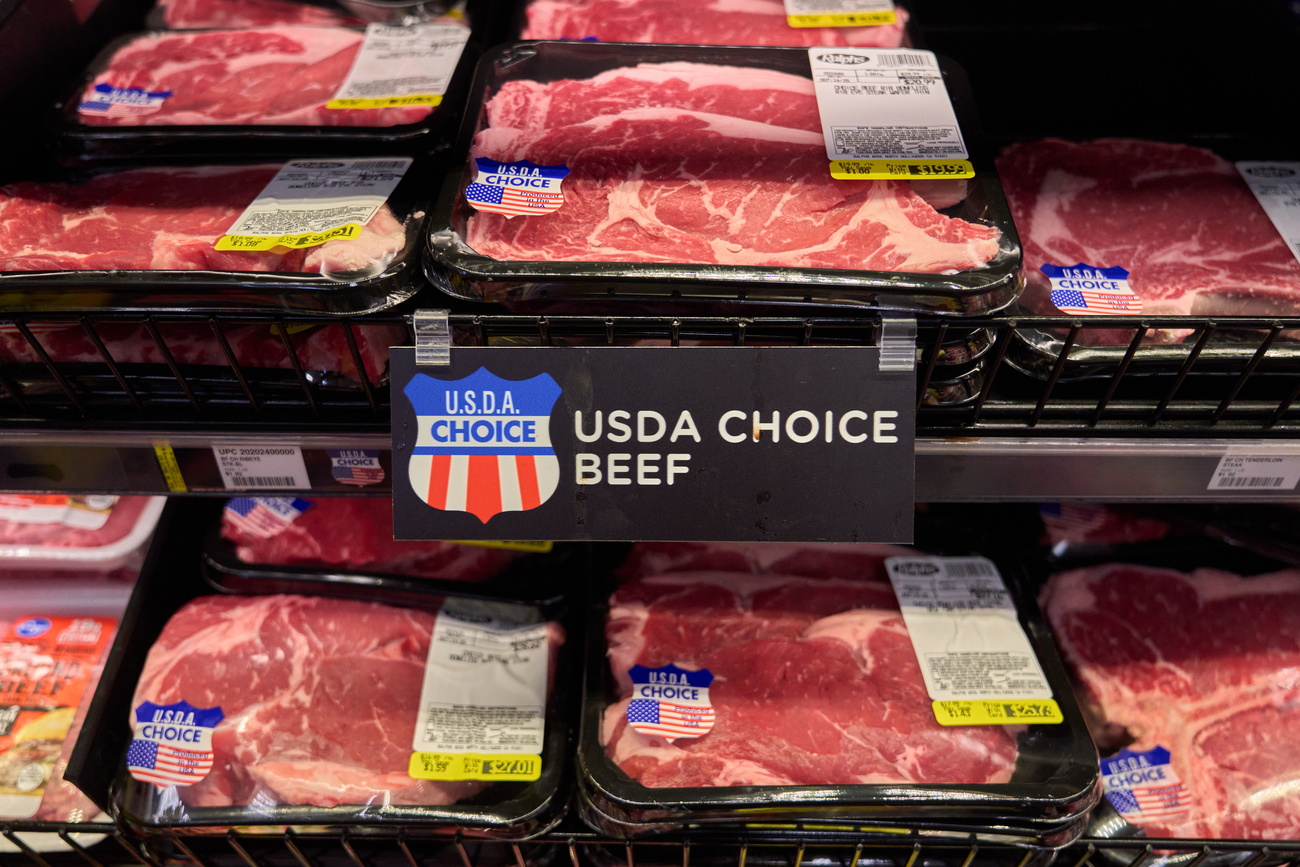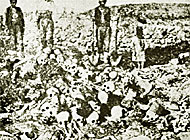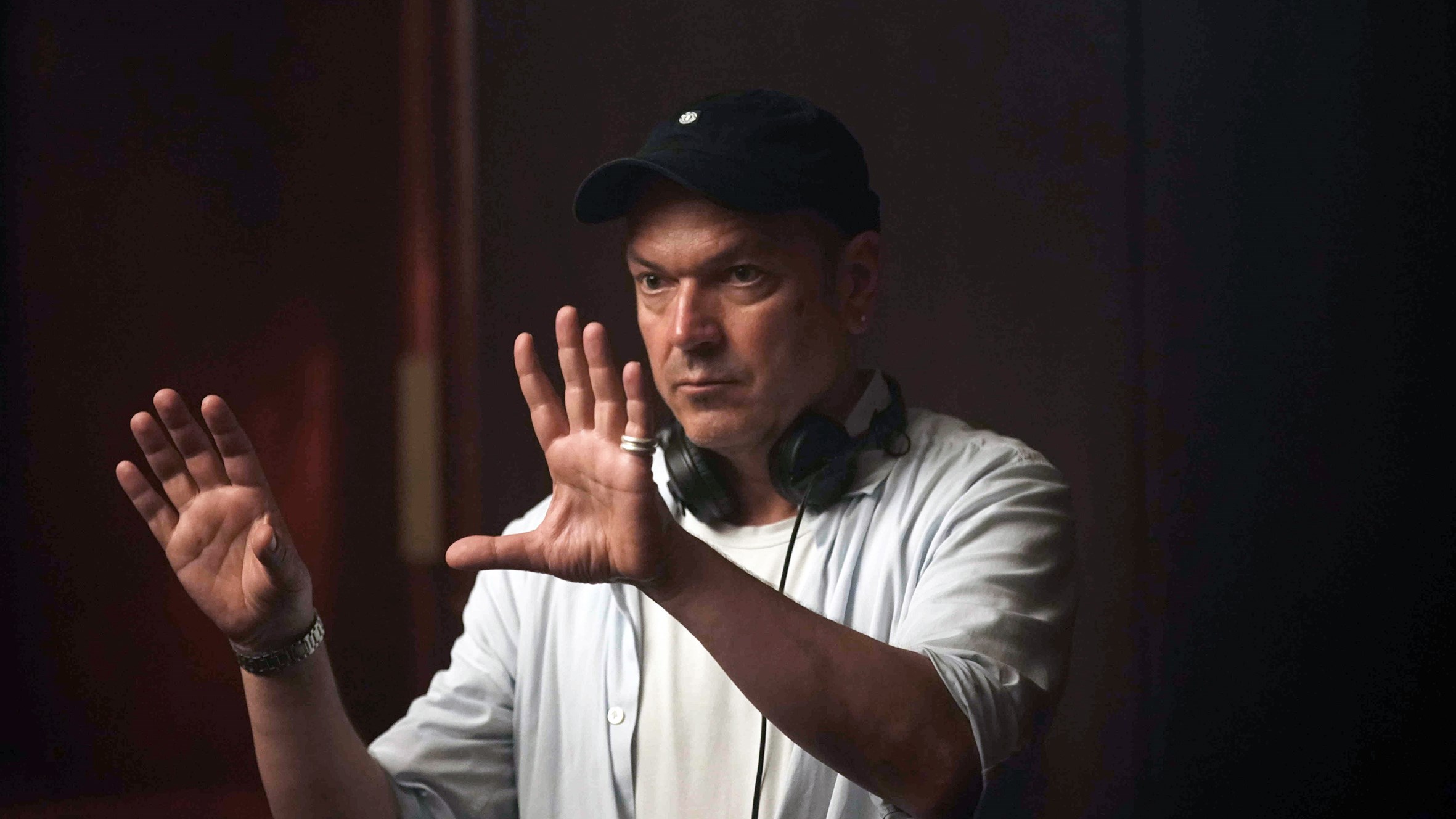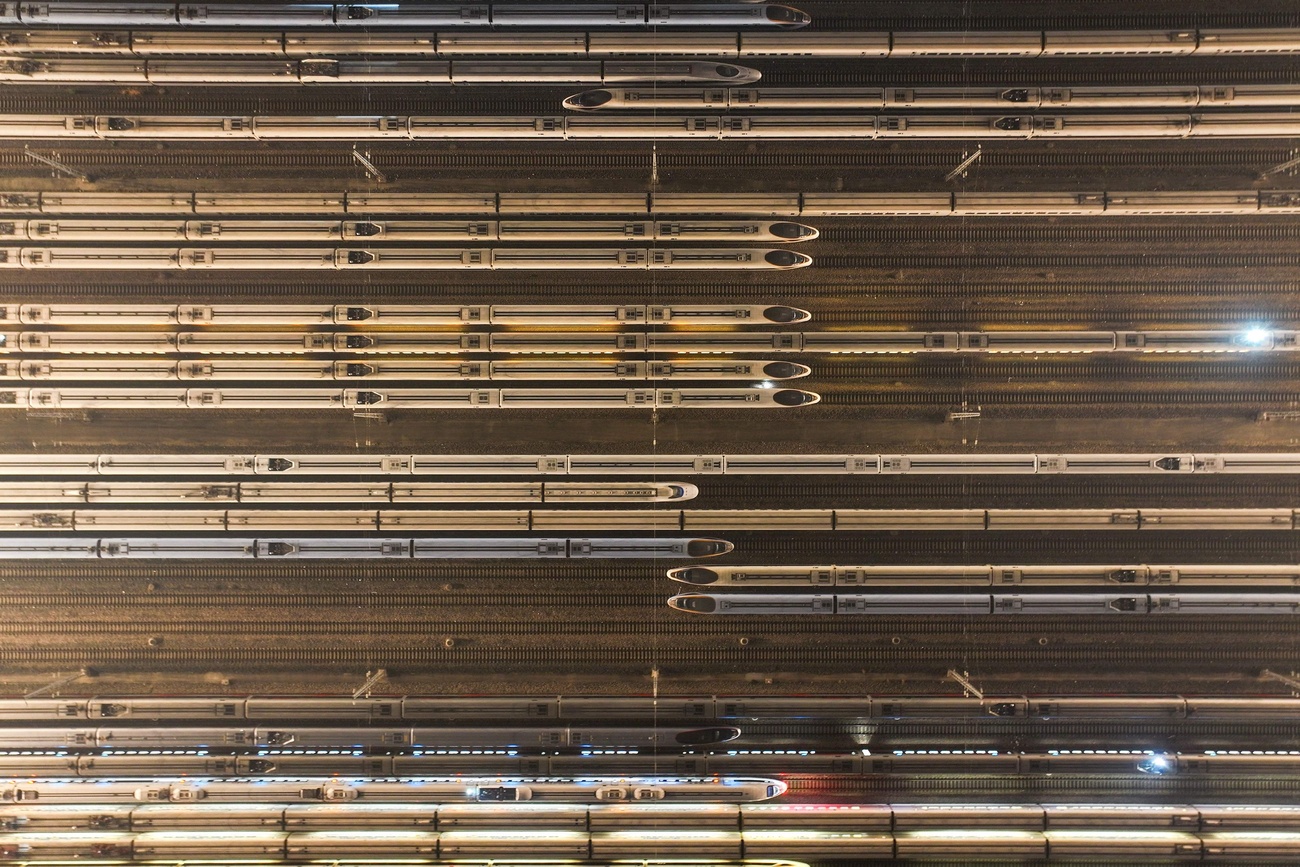
Turkey wary of Swiss moves on Armenian “genocide”

Turkey has warned that relations with Switzerland might be harmed, after a Swiss politician asked parliament to declare the killing of hundreds of thousands of Armenians between 1915 and 1920 as "genocide".
Turkey’s comments come after the French parliament voted last month to recognise the massacres committed by the Ottoman Empire as genocide – a move which Ankara fears might lead other countries to do the same.
The French move has now focused attention on a similar non-binding proposal, which is due to be considered by the Swiss House of Representatives before mid-March. The proposal was put forward by Swiss parliamentarian, Joseph Zisyadis.
“There has been a reaction in Turkey,” says Ece Acarsoy of the Turkish Embassy in Bern. “People are very sensitive at the moment. It’s all connected with the French parliament’s decision.”
Zisyadis, a left-wing member of parliament from Lausanne, is adamant that the Swiss should follow the French lead: “It’s essentially a question of human rights,” he told swissinfo.
But Acarsoy says that, as far as bilateral relations are concerned, the move could not have come at a worse time: “Swiss-Turkish relations stagnated for quite a long time, but they have improved in the past year,” she explained.
“This is a great moment which both sides have been waiting for for a long time,” she told swissinfo. “But this postulate is unsuitable. It could be detrimental.”
The Swiss foreign ministry declined to comment on the issue, saying only that there had been a “frank and open discussion” on the Armenian question when the Turkish Foreign Minister, Ismael Cem, visited Switzerland last month.
A spokesman said the foreign ministry believed every parliamentarian had the right to do his job.
Turkey has cancelled a number of major contracts with French companies following the French National Assembly’s decision to recognise the “genocide”.
Armenians say as many as 1.5 million of their people died in an Ottoman Empire campaign to force them out of eastern Turkey. Ankara argues that the death toll is exaggerated, that the Ottoman Empire was simply trying to quell civil unrest, and that thousands of Turks were also killed by Armenian irregulars.
Acarsoy says Turkey believes this period should be investigated by a neutral committee of historians: “These parliamentarians are not objective. They have heard only one side. They do not have the documents.”
Turkey’s treatment of Armenians during the First World War is one of several human rights issues many western politicians would like to see addressed by the Turks before they are admitted to the European Union.
Zisyadis acknowledges that neither the Swiss parliament nor the federal government are likely to recognise the “genocide”: “They believe it’s not up to individual governments to recognise the genocide. It should be left up to the International Criminal Court.”
More significantly, a diplomatic row with Turkey would jeopardise the burgeoning trade links between the two countries.
“Are we going to erase history just to safeguard our economic interests?” asks Zisyadis. “If Turkey wants to get closer to Europe, it has to face up to its recent history. It has to learn that human rights are essential for European unification.”
Not surprisingly, Zisyadis has the support of Switzerland’s Armenian community, which wrote to the federal government last month asking it to revise its official policy regarding the “genocide”.
In 1995, the government officially condemned “the tragic events which led to the death of an extremely large number of Armenians.” Geneva, which has the largest Armenian community in Switzerland, is the only Swiss canton to have recognised the “genocide”.
by Roy Probert

In compliance with the JTI standards
More: SWI swissinfo.ch certified by the Journalism Trust Initiative



































You can find an overview of ongoing debates with our journalists here . Please join us!
If you want to start a conversation about a topic raised in this article or want to report factual errors, email us at english@swissinfo.ch.